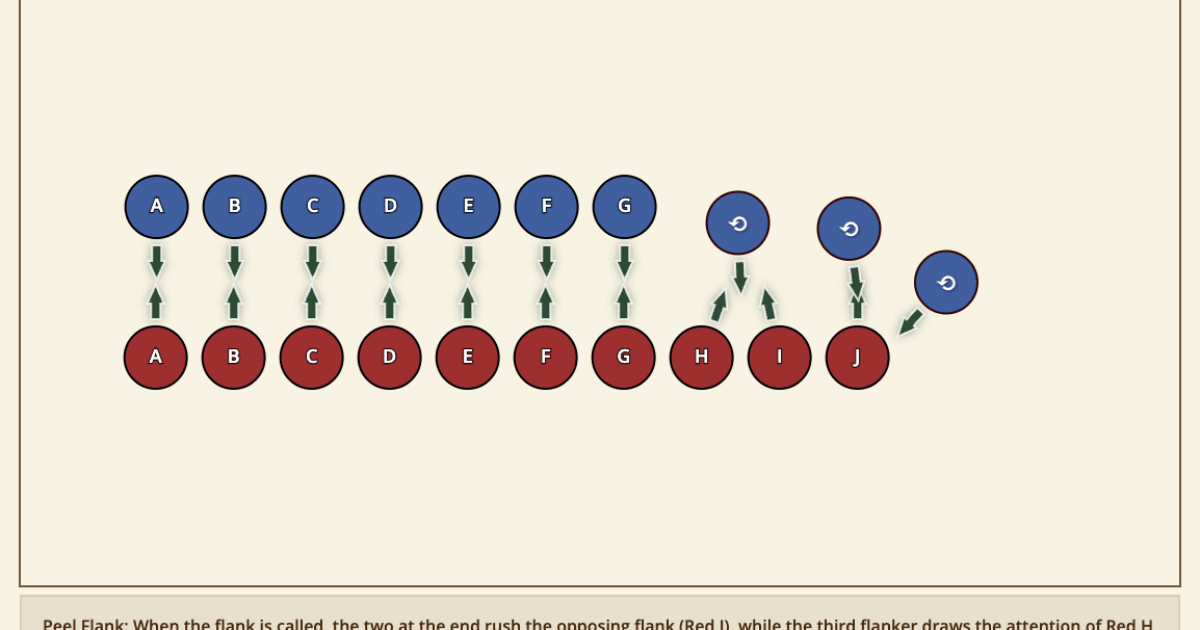A few weeks ago I began a more serious study of fencing. As part of my process I reached out to a trusted friend to mentor me. I confided to my friend that I was overwhelmed with the whole process. My friend suggested for me to figure out what was most important and start there. That seems like such obvious advice, but at the time I could only see a wall of problems, expectations, and goals that looked impossible to obtain. Their suggestion, to me, was like the turning on of a light in the dark. Suddenly I could see what I needed to do.
As a reminder to myself I added a post-it-note to my study wall which I look at every morning. The note reads “Distill and get to what is important.” After some thoughtful consideration, and many more conversations with my friend I settled down to a few things that I felt were the most important. But I’m not writing about what I picked to focus on rather I’m writing about the process of distillation.
Distillation is the process of separating a liquid from chemicals, minerals, and other solids by evaporation or vaporization and collecting the resulting condensation. It is most commonly used to purify water. There are two kinds of distillation: Fractional and Flash. Fractional is the slowest process, it brings a liquid to its lowest boiling point, captures the evaporation, then collects the condensation for later use. Flash distillation happens very quickly, it works by sending a liquid from a chamber under intense pressure into a chamber with low pressure thus vaporizing the liquid. The vapor is condensed on a cold surface and collected for later use. Flash distillation requires the constant flow of the liquid and intense pressure to work. In either process the liquid is purified from chemicals, minerals, and any other undesirable solid.
I think this can apply to fencing in an abstract way. There are many ways to study fencing; I believe they fall into two categories. The first is a slow, steady, study that requires consistency and minor adjustments over time. Somewhat like fractional distillation. The second category is like Flash distillation, being under intense pressure and trial. There are some aspects of fencing you can only learn in a fractional process, others require a flash process. Footwork, blade work, point control, strategy are all fractional processes. But other aspects like Rhythm and flow, instinct and sense of danger are Flash processes.
Distillation purifies. We distill things to get to what is important. Whatever we are working on in our fencing can be distilled into what is most important. We first have to identify what we want to accomplish, choose a way to focus on it, and then remove everything else that is in the way. If we can do that we will eventually have what is most important.

